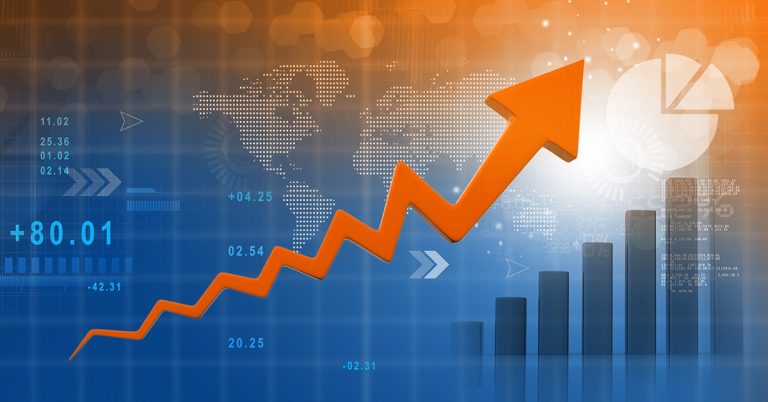
Historically, the African continent has been shaped by cycles of extraction, conflict, and dependency, from colonial resource grabs to post-independence struggles with governance and debt. These aren’t just relics; they still echo in 2025. Look at the economic data: sub-Saharan Africa’s GDP growth has hovered around 3-4% annually in recent years, per World Bank estimates, but population growth often outpaces it, keeping per capita gains slim. Poverty rates have dropped—down from 54% in 1990 to about 40% now—but that’s still hundreds of millions of people. The old anchors, like reliance on raw commodity exports (oil, minerals, cocoa), haven’t fully loosened; price volatility still rattles places like Nigeria or Zambia.
There’s a shift if you squint at the edges. Urbanization’s accelerating—Lagos, Nairobi, and Accra are swelling, with over 50% of Africans expected to live in cities by 2035. That’s driving a tech pulse: mobile penetrations near 90%, and fintech like M-Pesa in Kenya or Flutterwave across West Africa is leapfrogging traditional banking. Startups pulled in $5 billion in venture capital in 2024 alone, per Partech Africa. Renewable energy’s creeping up too—solar projects in Morocco and wind farms in South Africa signal a break from the fossil fuel trap. Politically, it’s messier: coups in the Sahel (Mali, Burkina Faso) show fragility, but the African Continental Free Trade Area, now in its fifth year, is nudging intra-regional trade past 20% of total commerce, up from 15% a decade ago.
Structural hurdles—corruption, infrastructure gaps, education deficits—don’t bend easily. Foreign influence hasn’t vanished either; China’s Belt and Road loans and Western aid still tug at sovereignty. Climate change is the wildcard: droughts in the Horn of Africa and floods in the Sahel are testing resilience, with adaptation lagging. So, has the trajectory truly shifted? It’s bending, not breaking—old patterns persist, but new ones are carving space. The question is whether the momentum can outrun the weight.
Register for Tekedia Mini-MBA edition 19 (Feb 9 – May 2, 2026).
Register for Tekedia AI in Business Masterclass.
Join Tekedia Capital Syndicate and co-invest in great global startups.
Register for Tekedia AI Lab.
The implications of Africa’s bending-but-not-breaking trajectory ripple across economics, geopolitics, and human lives. Economically, the slow shift from commodity dependence to tech and trade diversification could mean more stable growth—if it scales. That 3-4% GDP uptick might climb closer to 6% with better infrastructure and education, the kind East Asia rode to prosperity. Fintech and urban booms could shrink the informal economy (still 80% of jobs in many places), boosting tax bases and public investment. But if corruption or debt traps—like the $100 billion owed to China—choke momentum, stagnation lingers, and that 40% poverty rate barely budges.
Geopolitically, a more self-reliant Africa alters the game. The Free Trade Area’s push for internal markets could weaken the leverage of external powers, from Western donors to Beijing’s checkbook diplomacy. Yet instability—like those Sahel coups—invites meddling; Russia’s Wagner Group and French troops haven’t packed up. A stronger African Union might counter that, but it’s underfunded. Climate stress amplifies this: drought- or flood-driven migration could spark border conflicts or strain Europe’s southern flank, already twitchy about refugee flows.
For people, the stakes are raw. Urban tech hubs promise jobs—Nigeria’s youth could turn from unrest to coding—but without rural power grids or schools, half the continent risks being left behind. Health’s a bellwether: vaccine production in Rwanda and Senegal hints at self-sufficiency, but climate shocks could undo gains in food security (maize yields are already down 20% in parts). If the trajectory holds, millions might climb into a middle class; if it falters, inequality festers, and unrest brews. The hinge is execution. Africa’s not locked in old patterns but breaking them demands more than sparks—it needs sustained fire.


